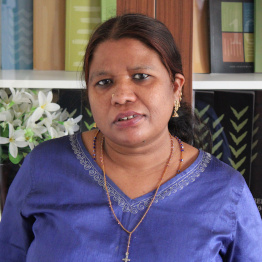Socio-Economic Surveys of Three Villages in Tripura: A Study of Agrarian Relations, a book prepared by the Foundation for Agrarian Studies and published by Tulika Books in 2019, has recently been reviewed by the noted economist C. T. Kurien in Frontline magazine. The book is based on household surveys conducted in 2016 by the Foundation in three villages, Mainama in Manu block of Dhalai district, Khakchang in Dasda block of North district, and Muhuripur in Julaibari block of South district. It is the fourth book in the Socio-Economic Survey series, edited by Madhura Swaminathan and Ranjini Basu with 17 contributing authors.
In his review, Professor Kurien describes the book as one that shows “us something of the terrain and, more importantly, the lives and livelihoods of the people there [north-eastern states].” The book has a total of 18 chapters divided into five sections: the context; agrarian structure, production, and agrarian relations; aspects of income generation; standard of living; and overview. The book begins with an interview with Manik Sarkar, Chief Minister of Tripura from 1998 to 2018 and Polit Bureau member of the Communist Party of India (Marxist). Kurien describes the interview as “an account of the changes that have come about in the State during the past seven decades or so.” The review succinctly captures the major points of the interview, particularly the discussion on the major socio-economic changes that were brought about by the Left Front government led by the Communist Party of India (Marxist). The interview also analyses “the rise of a middle class that used the new economic, educational and other opportunities, thus creating greater purchasing power for themselves.” The emergence of this middle class was, of course, made possible due to the socio-economic developments in the last few decades, which, in turn, also largely curbed, the “threat of insurgency.” The review emphasises the fact that the “expectations of the rising middle class were a major factor in the fall of the Left Front government in 2018 and the poor performance of the Left parties in the 2019 parliamentary election,” an aspect that Manik Sarkar clearly notes in the interview.
Professor Kurien discusses the other sections of the book, which describe in great detail agricultural production and the nature of the agrarian classes in the three villages. The three villages are drawn from different agro-ecological regions and in some sense represent three distinct agrarian systems. Kurien concludes that the book “provides for the general reader a bird’s-eye view of society, the economy and the polity and for specialists helpful guidance on designing and conducting field studies.” “There is a great deal in the book,” he writes, “that will benefit general readers, too, especially because books in English on Tripura are rare.”
Interested readers can find the review here.

























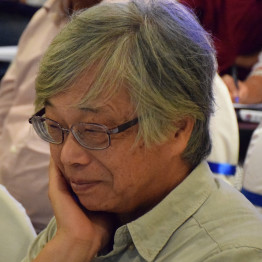
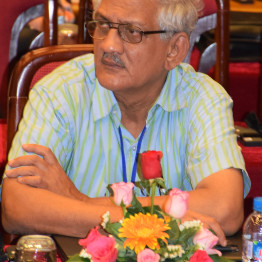
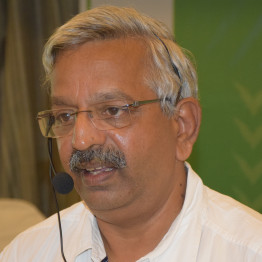

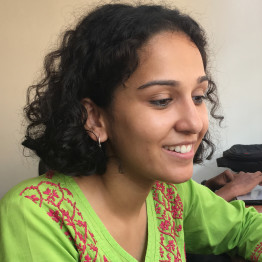


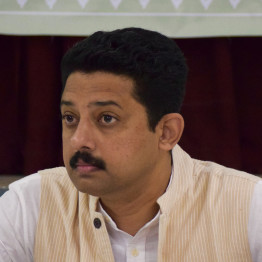


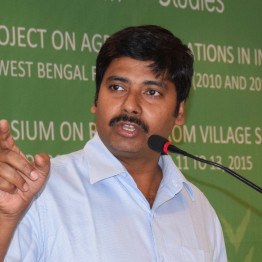










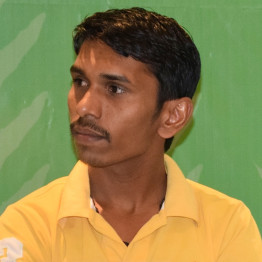


 Sudha is an Administrative Assistant of the Foundation. She assists the administrative division of the Foundation and also has taken part in fieldwork organised by the Foundation.
Sudha is an Administrative Assistant of the Foundation. She assists the administrative division of the Foundation and also has taken part in fieldwork organised by the Foundation.










